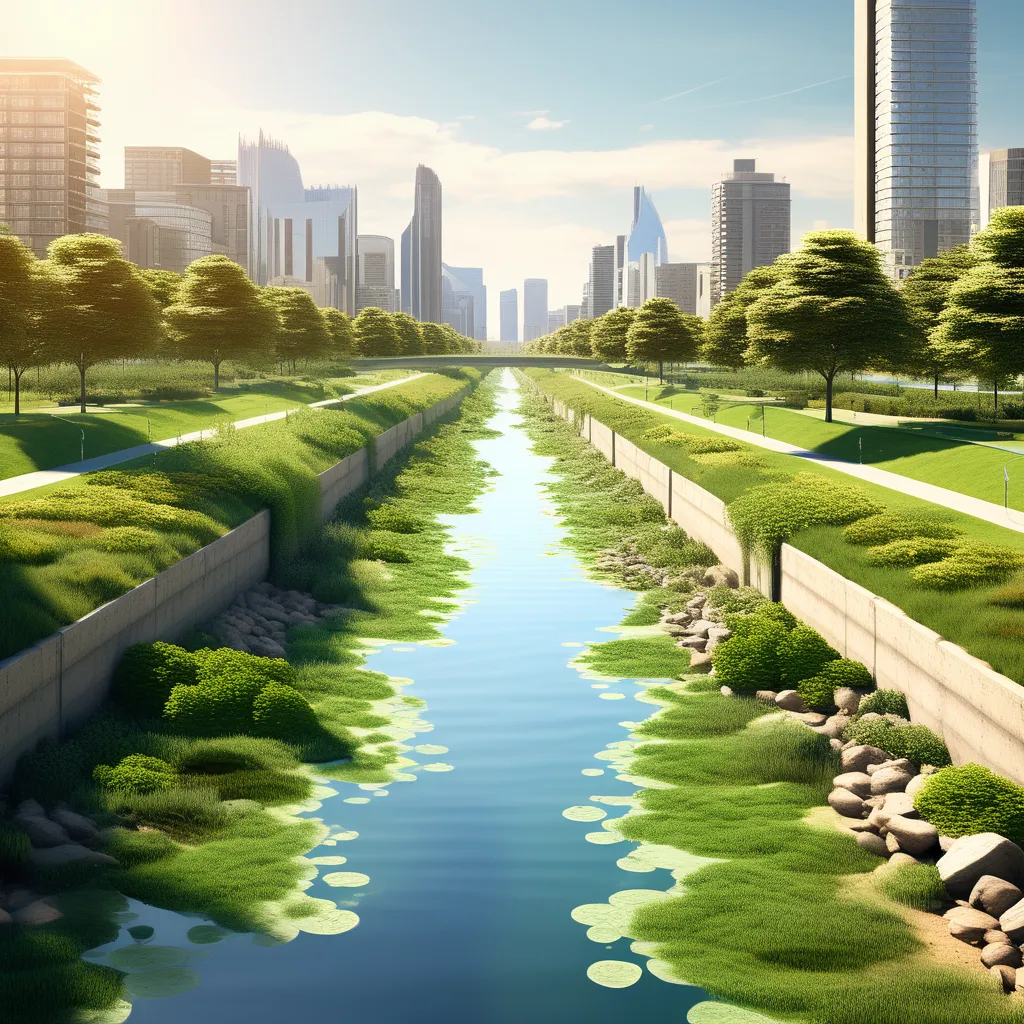Water Conservation Techniques for Urban Areas
Water, the essence of life, is a resource that's increasingly precious in our bustling urban landscapes. As someone who has navigated the challenges of city living, I understand the importance of conserving this vital resource. Let's explore practical and personal ways to embrace water conservation in urban areas.

A Personal Reflection on Urban Water Challenges
Drips, Drains, and Daily Struggles
Living in a city, I've encountered firsthand the subtle yet significant ways water slips through our fingers. Leaky faucets, inefficient irrigation systems, and the constant hum of air conditioners drawing gallons of water from the atmosphere are everyday realities. It's a quiet crisis—one that requires our attention.
Understanding Urban Water Challenges
The Urban Conundrum: High Demand, Limited Supply
Urban areas face a unique set of challenges when it comes to water conservation. Rapid population growth, expanding infrastructure, and climate uncertainties create a perfect storm. The demand for water intensifies, while the supply struggles to keep up.
Concrete Jungles: Paving the Way for Runoff
One major challenge in urban water conservation is the prevalence of impermeable surfaces. Asphalt roads, concrete sidewalks, and towering buildings prevent rainwater from seeping into the ground, leading to increased runoff. This runoff not only wastes water but also contributes to flooding and pollution.
Practical Water-Saving Tips for Urban Dwellers
Turning the Tide: Simple Changes for Big Impact
While the challenges are evident, the solutions are within reach. Here are practical water-saving tips tailored for urban dwellers:
1. Upgrade Your Fixtures
Consider replacing old faucets and showerheads with water-efficient models. These upgrades may seem small but can significantly reduce water wastage without compromising functionality.
2. Embrace Smart Irrigation
For those fortunate enough to have green spaces, smart irrigation systems are a game-changer. These systems use sensors to detect soil moisture levels and weather conditions, ensuring that your lawn and plants receive just the right amount of water.
3. Harvest Rainwater
Install rain barrels to collect rainwater from your roof. This harvested rainwater can be used for watering plants or even for non-potable household tasks, reducing your reliance on the municipal water supply.
4. Fix Leaks Promptly
A dripping faucet may seem inconsequential, but over time, those drops add up. Be vigilant about fixing leaks promptly. Not only does it save water, but it also prevents the wastage of your hard-earned money.
5. Opt for Native Plants
Landscaping with native plants not only adds a touch of local beauty but also reduces the need for excessive watering. Native plants are adapted to the local climate and require less maintenance.
Community Engagement: The Power of Collective Action
Ripples of Change: Making a Difference Together
Water conservation in urban areas is not just an individual effort; it's a community endeavor. Engage with your neighbors and local authorities to amplify the impact:
1. Community Workshops
Organize workshops or webinars on water conservation. Share practical tips and invite experts to discuss innovative solutions tailored to your urban environment.
2. Advocate for Green Infrastructure
Encourage the incorporation of green infrastructure in urban planning. Green roofs, permeable pavements, and urban gardens can mitigate the impact of runoff and contribute to overall water sustainability.
3. Participate in Community Cleanups
Engage in community cleanups around water bodies. Removing litter and pollutants not only beautifies the area but also protects the water quality.
Conclusion: Nurturing the Urban Oasis
In the hustle and bustle of urban life, it's easy to overlook the silent strain on our water resources. However, by adopting simple yet impactful water conservation techniques and fostering a sense of community responsibility, we can nurture our urban oasis. Each mindful action, from fixing a leaky faucet to advocating for green infrastructure, contributes to a sustainable and water-resilient future for our cities.<

No comments:
Post a Comment